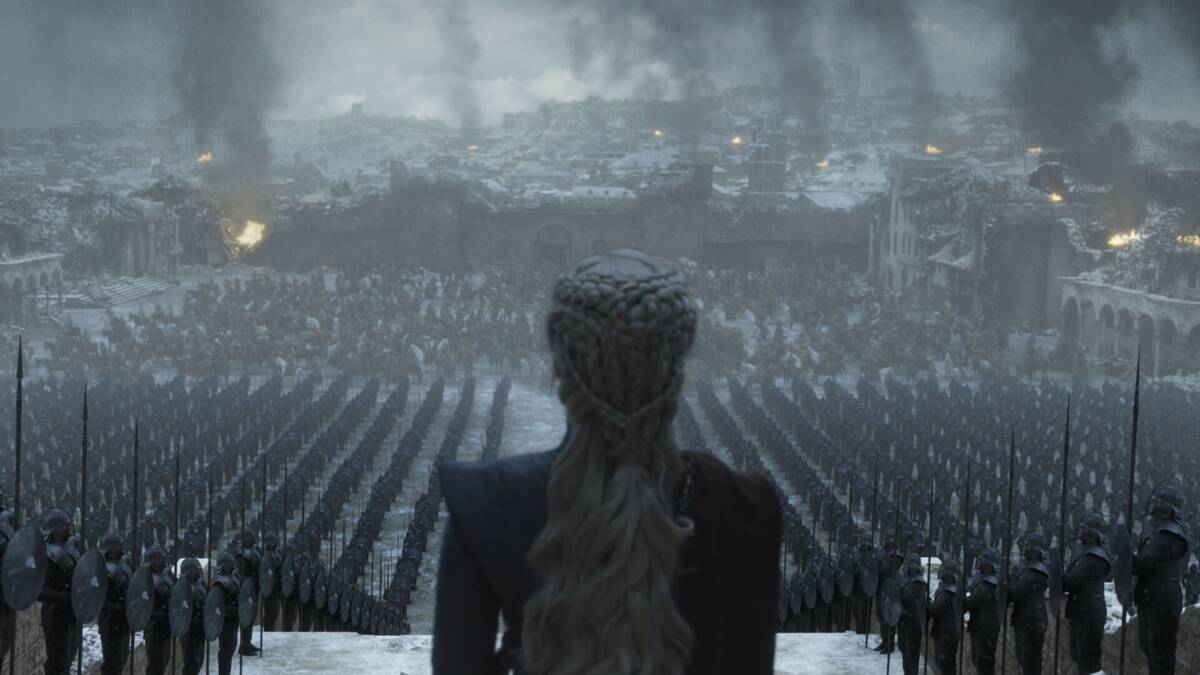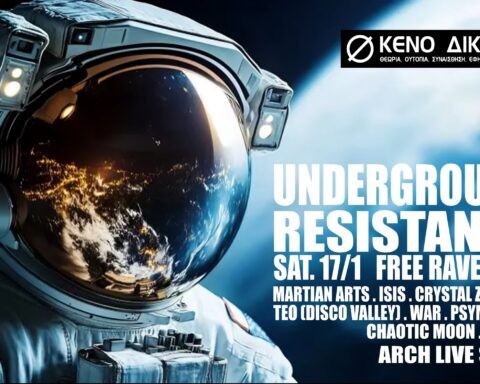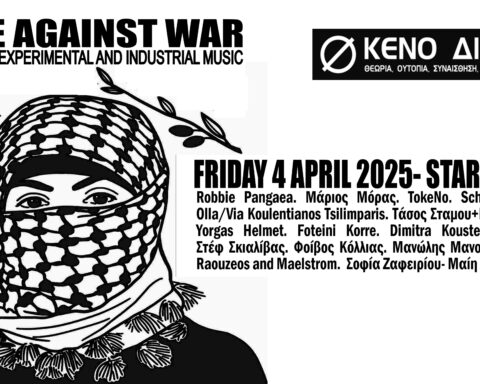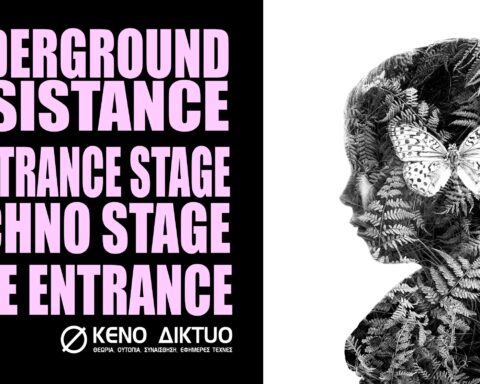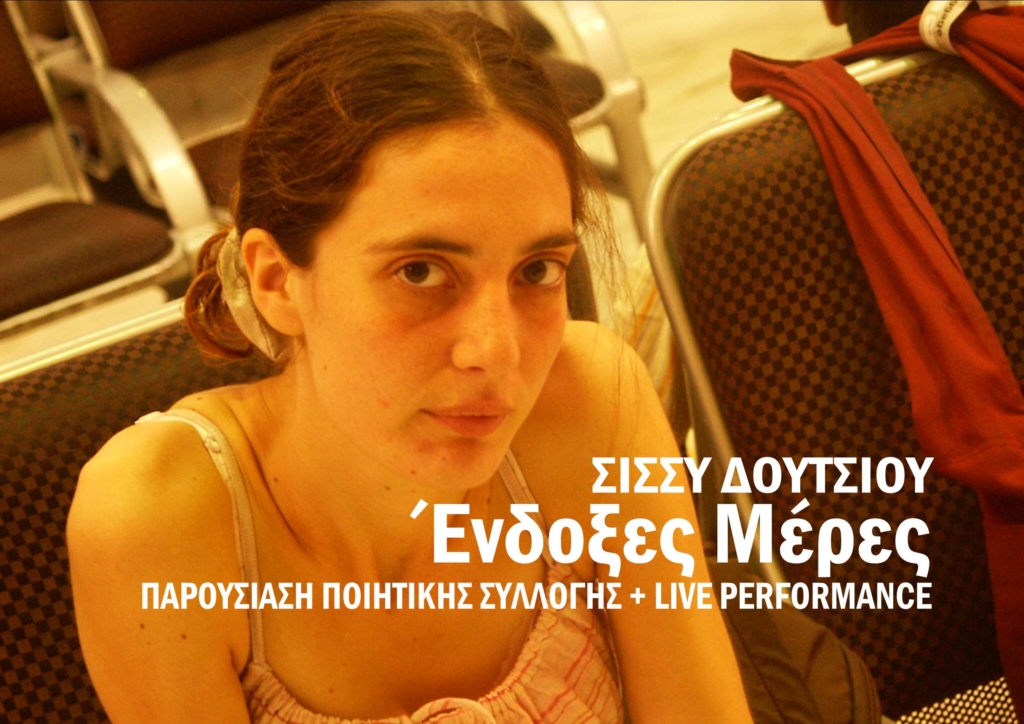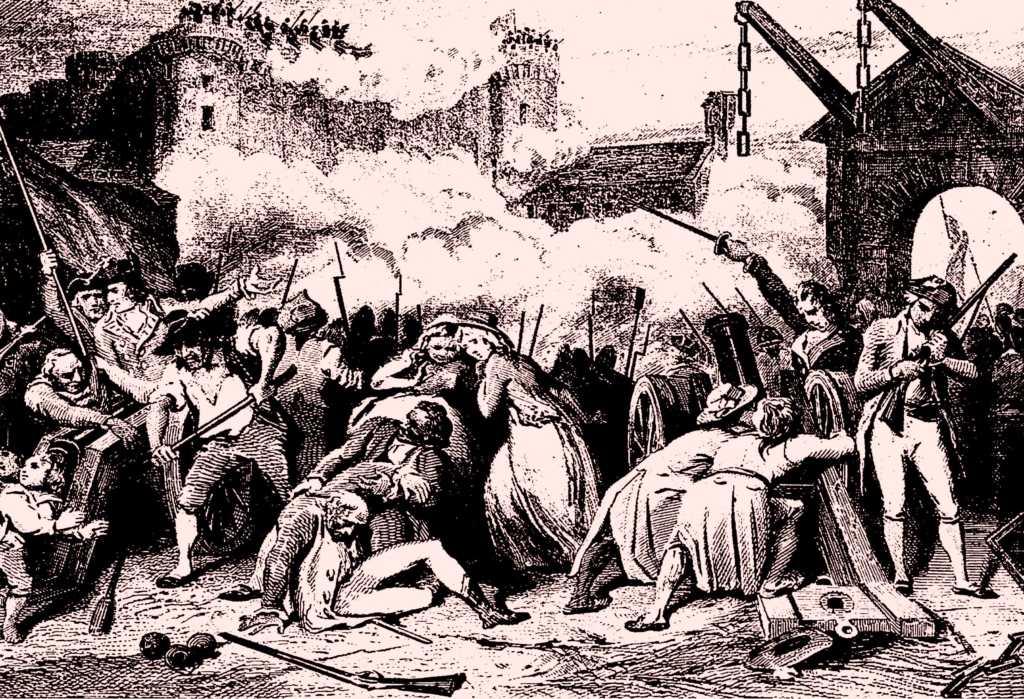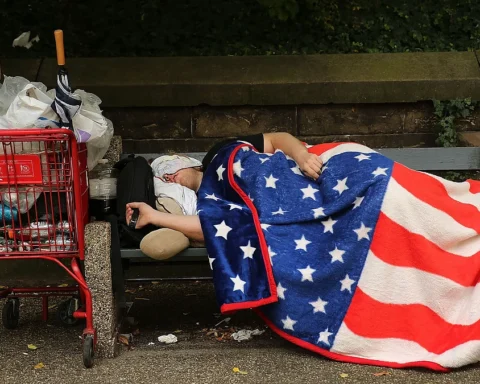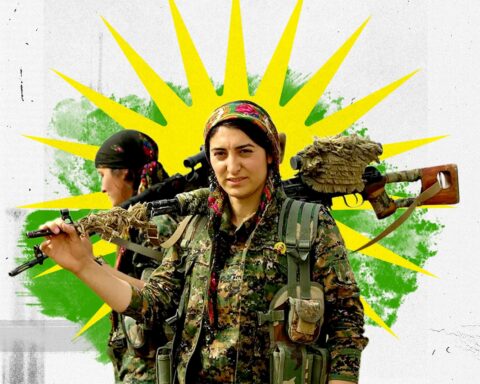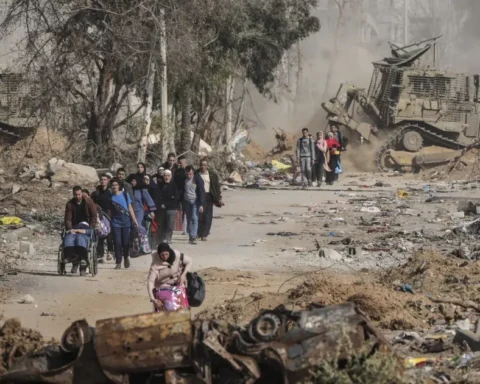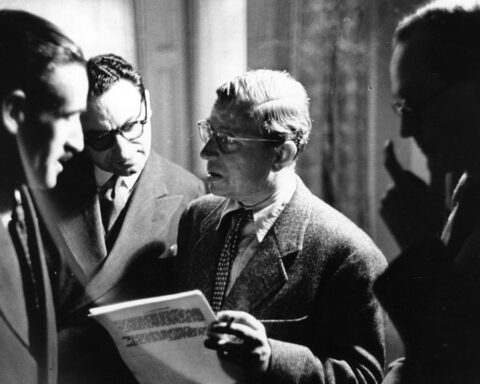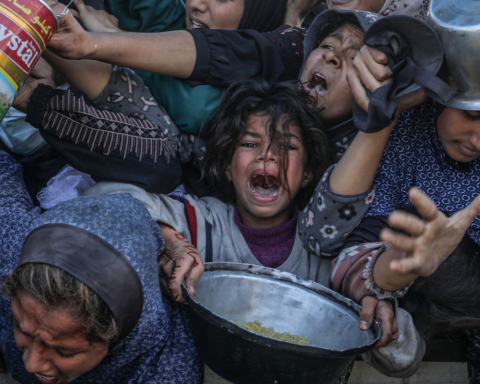This is the way the world ends, This is the way the world ends, This is the way the world ends –
Not with a bang but with a whimper.
- S. Eliot, ‘The Hollow Men’[1]
[includes spoilers]
To the reader who has seen what has been justifiably called a “cultural Behemoth”, Eliot’s phrase may not seem an entirely accurate depiction of the series’ ending. After all, a capital is practically burned to the ground, in the penultimate episode, by what is the equivalent of a modern weapon of mass destruction, a flame throwing dragon; so, there is certainly something of a “bang” involved. Yet, it is noteworthy that the show unravels its plot in such a way that it does not end with an epic battle between Good and Evil, as many would probably expect. Put in the context of the huge stakes that the story has patiently built in previous seasons, the last episode truly has the tonality of a whimper. Considering the extremely noisy finales of many blockbuster films today, this is not necessarily regrettable. At the same time though, it is impossible to ignore a conservative mood driving the less-epic-than-anticipated finale. This is not the conservativism of Eliot though; rather, as Žižek has quickly noted, it is the tepid conservatism of a liberal mindset. To this point however, another needs to be added: that the conservatism of the finale is tampered by a progressive twist, the transition to elective monarchy, which is also liberal at its heart.
To be sure, Game of Thrones (just like George Martin’s books on which it was based) is not “liberal” in any obvious, straightforward manner. In fact, when the whole series is considered, the opposite would seem to be the case: passions have the upper hand over reason, individual autonomy is hard-pressed between familial obligations and status constraints, consensus consistently gives way to violence as the ultimate arbiter of rivalries and conflicts. And yet, the way the fundamental issues of power and justice are resolved – arguably, the twin themes around which the whole narrative revolves and develops – is at its heart liberal. In other words, the way the series’ creators decided to close a story that hardly qualified for a liberal narrative of gradual-but-steady-progress towards a more enlightened state of being, betrayed a fundamentally liberal sensitivity. In delivering, thus, its “liberal-conservative-progressive” conclusion, Game of Thrones gives a good glimpse of the poverty of the liberal imagination, its inability to stay faithful to radical potentials which are immanent to a situation or even appreciate how significant sociopolitical change occurs.
Setting aside for the moment the theme of justice, Game of Thrones, as its title quite clearly suggests, is predominantly a story about power: about the desire to seize it, hold it, escape it, and about the unavoidably corruptive effects of its pursuit. There is in fact something of a Foucauldian wisdom in the way power is shown to circulate throughout Westeros and Essos (the continents where the story unfolds), in the complex relations that the protagonists enter. However, the “King’s head” has most certainly “not been cut off”[2] and power, despite the many centrifugal tendencies, is concentrated symbolically and materially in the Iron Throne, the seat of the monarch who has united the Seven Kingdoms of Westeros into a medieval type of centralized political form. Fantasy apart, this is essentially a feudal world.
In whatever form it comes, premodern, modern and more, “power corrupts”: this is both a philosophical truism and a popular cliché and if Game of Thrones was simply driving this point home it would have hardly made such sensation, no matter how much nudity, sex and gore were thrown in the mix. What rather distinguished the show from the start is the way it unfolds its central thematic line through multiple story arcs and a rich tapestry of realpolitik and intrigue. For these two aspects the series (as before it the books) has been praised, justifiably so. There is one more element though that defines Game of Thrones: there are two story lines, one intruding, the other leaking, which disrupt the story’s central thematic, whilst also affecting its direction. On the one hand, there is the story of the white-walkers coming from beyond the wall (the boundary between civilization and barbarism), who embody a force that exceeds entirely the calculative rationality of power-politics (and, it should be added, of economic reason). This story-arc acts as a dreadful reminder that all of humanity’s works and days are shadowed by a coming oblivion, towards which no argument or negotiation is possible. In this way, the narrative throws a critical light on the illusions of power and human ambition. While the white walkers come from the outside, the second story is an immanent line of flight from within power-politics, something that does not make it less subversive. This is the story-arc of Daenerys Targaryen, her becoming: from a legitimate contender of the Iron Throne to a popular-cum-messianic leader who promises to “break the wheel”, i.e., to abolish the established order of things and its entrenched hierarchies. Thus, if through the march of the white walkers justice is to disappear along with power, here it emerges as a potent force of change, marking the passage from a legal entitlement within an existing structure of right towards a radically different form of being. Overall, we have two lines of deterritorialization upsetting the narrative’s central line of meaning: one is a total deterritorialization accelerating towards the formless immanence of dead matter. The other carries the promise of a reterritorialization towards a better, more just world.
The way that these two lines could converge in the end was one of the great thrills the series offered. There was for sure one common trope: both bespoke and prepared for a violent event that would decide their fortunes. This allowed the idea of a convergence into one great, final battle. But, thrilling as it sounds, that would be impossible, and it is to the merits of the creators that they avoided the temptation. For these two lines of deterritorialization point to radically different directions. Hence, while they could conjunct, they could not be decided on a single event (other than in the sense that the victory of the white walkers would de facto destroy the dreams of a better world, which justifies Daenerys’ decision to join the forces of the Army of the Living.) The real question concerned their temporal arrangement, that is, which story would take precedence, and which would set the stage for the finale. The imperative tone that set its stakes made it seem that it was the white walkers story-arc that would come last; after all, what is more, significant than the battle between life and death? Again, it is to the merit of the series that it chose to follow the other route. For in this way (whether intentionally or not), it avoided the moralistic, apolitical assumption that there is a danger that unites us all. Given how this assumption tends to obscure the real political and social stakes in the looming environmental crisis, this is no trifling matter. Surely, without life there is no problem of justice, but without justice is life tolerable? At any rate, our own predicament is the political and social fortunes of the world, rather than a cosmic clash between Good vs. Evil, hence in its arrangement of events Game of Thrones strikes a contemporary chord.
If the structure of the narrative was compelling the execution suffered. The last season has been rightly criticized for failing the stories, mainly under pressure of time constraints. However, even if it had been told better, the end would remain conservative, or as Žižek has it, “liberal-conservative”. For the target in the last season is the prospect of radical change and the violence it inescapably entails. Daenerys incinerating the people of Kings Landing is entirely forced, and no reference to madness or a subtext patriarchy can redeem it. This plot-twist was necessary however in order for the audience to get emotionally estranged from the character and the revolutionary justice she embodied (or so she claimed). For, especially at a time such as our own, where class discrepancies are astutely felt, the burning of nobles and slave-owners could only be experienced as right. Hence, the burning of laymen needs to be turned into a necessary next step. Not to let the association be missed, this is made clear in Tyrion’s pep talk to Jon Snow, to convince him to assassinate Daenerys.
To be sure, that violence can develop its own dynamic and run rampant; also, that revolutionary justice has a despotic aspect, are valid, historically testified insights. But this is why they deserve nuanced theoretical reflection. At its best, liberalism is an insightful warning on the dangers of undifferentiated power, especially one armed with conviction. But the dialectics of violence, justice and power escape it, and it is not a coincidence that the series’ liberal conclusion typically confuses revolutionary dictatorship with fascism (Daenerys is depicted as a fascist leader in front of her Army). Moreover, this inability of liberal thought is not only because of its conservativism. It is only when liberalism’s progressive dimension is given its due that its poverty becomes properly elucidated.
In resolving for elective monarchy as “the breaking of the wheel”, Game of Thrones reveals how narrow the horizons of the liberal imagination are. There is also an element of naivety, since rational consensus has rarely resolved anything of world-historical consequence. In England for one, the unnamed model of the new regime installed in Westeros, political compromise passed through civil conflict and the defeat of every radical democratic alternative. And the same is true of representative democracy, which is dismissed by the nobles but clearly alluded as an even more desirable form of polity. The real poverty of the liberal imagination is that it cannot even pay proper tribute to its own historical constitution.
Then again, the summary dismissal of the prospect of plebs getting the right to vote and, even more, the frustration of the messianic promise of a savior-Queen point to a radical alternative. Nothing is ever given to the plebs. In good old Marxist terms, their emancipation will come from their own activity. But this is a story Game of Thrones could not have told.
[1] Collected Poems 1909-1962, (Main edition), London: Faber & Faber, 2002.
[2] M. Foucault, “Truth and Power”, Essential Works 1954-1984 vol.3: Power, ed. James, D. Faubion, trans. Robert Hurley et al, London: Penguin, 1994, p.122
George Sotiropoulos / Void Network
George Sotiropoulos holds a PhD in Political Theory. He is a member of Void Network. Recently he published the book A Materialist Theory of Justice: The One, the Many, the Not-Yet (published by Rowman and Littlefield International). You can find info about his Greek language book here
